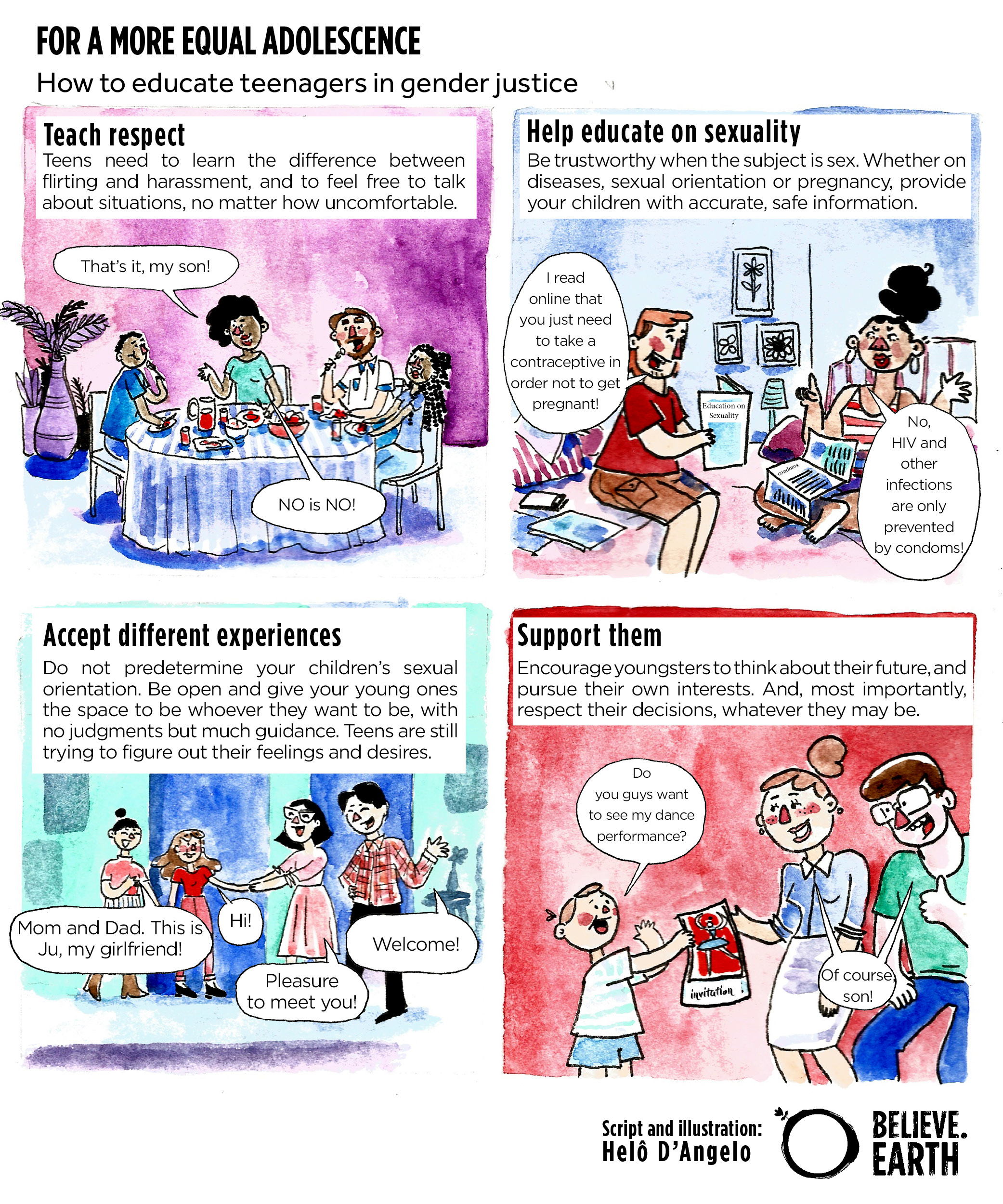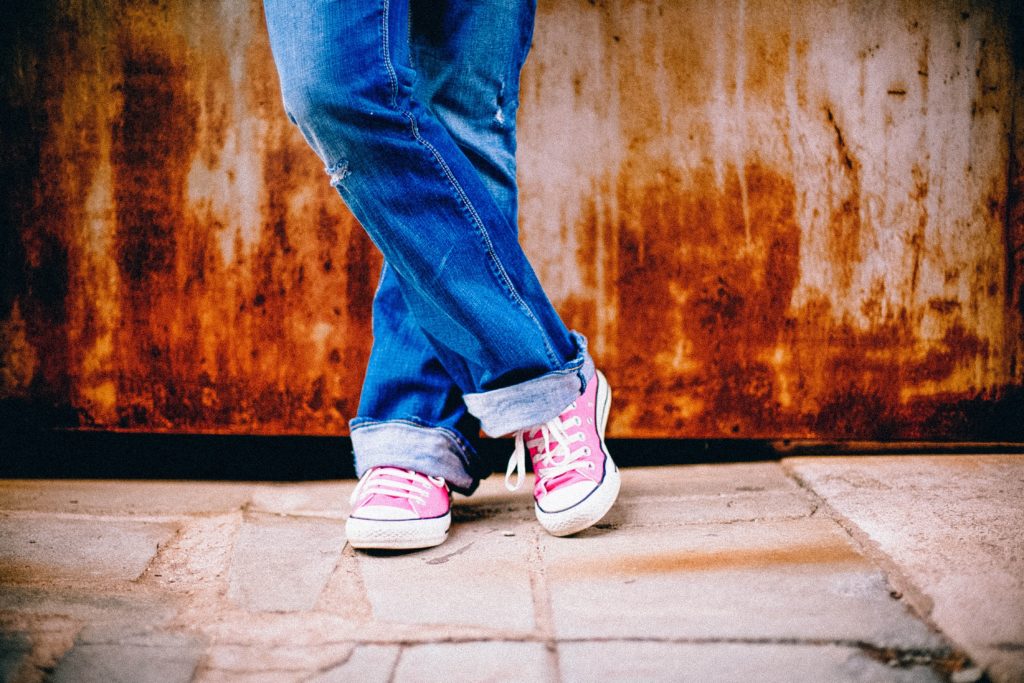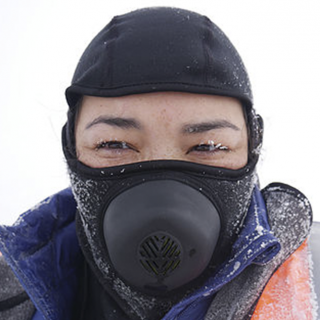In 2014, a group of researchers from European and Latin American universities interviewed 5,900 Bolivian and Ecuadorian teenagers between the ages of 14 and 18. The researchers wanted to understand the relationship between adolescents’ sexual behavior and their views on gender equality. The results showed that boys and girls who consider gender equality important use contraception more often and describe their sexual experiences more positively.
The study, like previous research, showed that commitment to gender equality has a positive impact on sexual and reproductive health of young people and on their well-being, as well as helping to prevent disease and unwanted pregnancy. But what behaviors nourish such commitment? And, how do we talk about gender-related concepts and actions with adolescents in daily life?
Based on extensive interviews with experts, we have some suggestions on how parents and educators can work on gender equality with young people. This is the second report in a series; the first addresses childhood, and the third one, adulthood. Find out how teens can become agents of change for an egalitarian world.

TALK WITH THEM ABOUT CONSENT AND RESPECT
It is important that young people learn from an early age about consent and respect in sexual relationships. Teens need to know the difference between flirting and harassment, for example, and that they should tell someone when they are being touched in an uncomfortable or aggressive way.
GIVE THEM THE FACTS ON SEXUALITY
The teenager who is just beginning the sexual life needs to know how to make good decisions, avoiding sexual diseases and unwanted pregnancy, for example. “A lot of the trouble adolescents get into is because they have questions”, explains Judy Y. Chu, a researcher who teaches at Stanford. “And, if they can’t talk about it, then that puts them at great risk.”
Information should be presented to teens as soon as possible, in a direct and open dialogue, preferably before they become sexually active. Studies have shown that sex education does not speed up the process of entering sexual life. On the contrary. A UNESCO report from several countries has shown that sexually educated girls have sex later and tend to use condoms with partners more often.
Get some books and information about sexuality and offer them to your teens; they need access to reliable information. Many young people will search for information on their own and find, on the Internet, conceptual errors and misinformation.
WELCOME DIVERSE EXPERIENCES
Be open, allowing young people to experience their desires without judgment. That means not pre-defining their sexual orientation, especially in such a moment of change as adolescence.
Célia Regina Rossi, a professor at the State University of São Paulo and an education and sexuality specialist, describes adolescence as a complex period. “It is a time of testing,” she says. According to Rossi, for teens, sexual orientation, for example, is not necessarily fixed. “They are still finding things out, and it is very important that the family welcome this process of discovery,” letting them “bring home the possibility of these choices that he (or she) is making.” And, always guide and support them.
SUPPORT THEIR DREAMS
Encourage and support them in following the professional, artistic or athletic paths they love, not limiting their choices due to biological sex or presumed sexual orientation. According to Judy Chu, it is important that parents and guardians do not impose limits on young people, “allowing them to choose what is right for them, what they are good at. If they are really great at something, why not allow them to pursue it?”
HELP THEM TO FACE BULLYING, DISCRIMINATION AND RACISM
Teach the young ones not to engage in harassment, bullying and other cruel behavior. They should also understand that it is important to criticize such behavior, at school and especially online. According to a study published in 2010, young victims of cyberbullying report more symptoms of depression than those exposed to other types of bullying.
It is also important that young people from marginalized groups be able to identify sexist, racist and homophobic comments and attacks, as well as how to respond and where to report them. Parents and guardians should also be attentive to the reports of black youth, for example; according to educator Gina Ponte, “sometimes the school acts in a racist way the whole year.” Therefore, she emphasizes, it is important to “welcome, listen and legitimize” their stories.
To produce this report, we consulted: Judy Y. Chu, who teaches human biology at Stanford University and is the author of When Boys Become Boys: Development, Relationships, and Masculinitya; Gina Ponte, an educator and creator of the Mulheres Inspiradoras (Inspiring Women) project and the professor Célia Regina Rossi, from Paulista State University, specialist in education and sexuality, coauthor of Sexuality and Sexual Education: educational policies, research and practices.
To review this article and comics, we consulted: the lawyers from Alana Institute, Mayara Silva de Souza and Juliana Pereira, both activists for racial equity; the journalist Juliana Gonçalves, coordinator of Black Women Parade in São Paulo; and also the professor Célia Regina Rossi.
- The documentary “The Mask You Live In” (Netflix) offers important reflections about present-day masculinity.
- A guidebook created by UN Women on how to help report and reduce violence against girls and women.
- A guidebook created by the Australian government on how to talk about sex with your child.
- Questions and answers for parents, families and friends about transgender and gender-expansive people.
- Evaluations of films, podcasts and other media for children and teens.



